Ask a CEO coach: My ‘wins’ never seem to last but I feel ‘losses’ forever. What am I doing wrong?
Bill tackles a common theme for executives: Losses that loom much larger than wins, and offers some advice on rituals to break that cycle.

Bill Hoogterp is an author, entrepreneur, and one of the top executive coaches worldwide. He has advised dozens of Fortune 500 CEOs, and last year his company LifeHikes offered trainings at more than 100 global companies in 47 countries and seven languages. In this series for Fortune he has coaching conversations with real executives striving to become better leaders.
The subject of this week’s conversation is Omid, a forty four year old running a successful agency in Atlanta who struggles to celebrate the wins and instead feels the pain of lost pitches too deeply.
Omid: Well, first of all, thanks for selecting me to do this. It's great to see you again. You know, I thought about it because I looked again at the way you sort of posed a question and I thought, man, I really want to get the most out of this time. Which way to go with this? I've been in business as an entrepreneur for four years. We're getting industry recognition. That's all good. We've enjoyed many victories along the way and agencies in my industry are fueled by industry recognition.
Bill: So what’s the problem?
Omid: What I'm finding as an entrepreneur is that losing hurts so much more than winning feels good. I want to be a person who can enjoy victories along the way, but I am finding that the devastation of a lost pitch when you put your heart and soul into it or, you know, the death of work that you believe in, that feeling seems to have a more resonating negative effect than the positive effect that I wish to be feeling from winning an agency at the year award or a big award. All of these trappings of success, like we just won Agency of the Year, and I feel like I felt more relieved than happy and I was relieved for five minutes and then I immediately thrust into a feeling of terror for the next year. We won the award for 2024. 2025 hadn't even happened yet and I already felt this fear of a letdown in 2025.
Bill: Wow, what rich meaty subjects. I hear three.
- Being an entrepreneur is dangerously close to working for a living. You don’t own a business, it owns you, so how to manage that?
- How to not be overwhelmed with the losses and also enjoy the upside?
- The mindset to get the balance of my best work and pass that on to others?
Is that a fair summary of the three? (nodding yes). Which one do you want to focus on?
Omid: Two, because I don't want to teach my partners and employees to chase recognition and success markers, but to never enjoy them. But I think that's what I'm teaching them through my behaviors.
Bill: Very nuanced and self-aware. Can I get a couple numbers on the agency just so I get it since? How many employees and where's revenue been the last few years?
Omid: Close to 50 employees. Revenue has gone up every year and this year revenue was about $18 million.
Bill: Kudos, super impressive. OK, when you do get a win, how long does the feeling last?
Omid: A day. Less. A part of a day. A day. It feels I would say a day.
Bill: This idea of the ephemeral “the win is fleeting and the loss lingers,” you've already identified multiple times in this conversation. There's a good side to that. What's the good side to that whole mindset?
Omid: I know that, as a student of advertising, today's Agency of the Year is tomorrow's mediocre agency is the next day's agency that's out of business. So I feel like the positive outcome of this behavior is that it reduces complacency.
Bill: It’s not a perfunctory question. Train your brain to look for positives first. But I think you know those already. It's a little bit like Jordan's famous sense of competing and taking it personal—his going home on spring break with his buddy and cheating his buddy's mom at cards because he has to win. Laughably bad as that is, there's a plus in there. An Oscar nominated actress told me she still vomits before going on stage. The positive is that shows that you actually care. Always start with positives when you can.
Bill: Adam Grant is on my board (if you don’t follow him on LinkedIn, highly recommend, he is brilliant)—his team has some great research. If you strive to be happy, you're generally not going to do it, but if you strive for purpose and impact, happiness comes along in higher quantities.
Bill: OK, now to negatives. The best tip I heard on this is time box it. You’re a sports guy.
Omid: As you know!
Bill: Example number one, a professional golfer (Nick Faldo, lives not so far from you now) told me once when you hit a bad shot, give yourself 3 seconds to be really ticked off. You can grunt, yell, curse, throw your club, whatever helps you let it out, but only for three seconds. Why not more?
Omid: It's going to poison the next shot.
Bill: Exactly. Avoid the extremes in this case. Don’t let yourself not feel anything. Don’t bottle it up. Let it out so you can process it. But if you go too long, it affects the next shot and the round goes south.
Bill: Example number two is a guy who played for the Giants told me when an NFL team would lose a game, there's an unwritten rule that everybody has to be ticked off for 20 minutes. You need to be angry. In fact, if you’re coming off the field and a rookie is bouncing up and down, all happy, “who wants to go out tonight?”—they fine him. Why? What's the lesson they're teaching him?
Omid: Misery is a part of the skill set.
Bill: Interesting, maybe that too. What he told me is they’re teaching him to take the job seriously. This is your profession, man. When we win we're happy, if we lose, we …are… not. It’s OK to kick the chairs, but after 20 minutes, it needs to be processed and then clear your head and when he told me why, it made so much sense.
He said after about 20 min, one of the leaders would go make a comment or joke or turn on the radio—something that signals, everybody can now go back to a normal mood. I didn’t guess it, can you guess why 20 minutes make sense?
Omid: It seems like an appropriate morning period but I can't I can't put my finger on it.
Bill: Who are they going to see after they shower and they they're done?
Omid: The press
Bill: … and then?
Omid: Their families!
Bill: Bingo. The little ones are coming in to see Daddy. You can’t take it out on them. They just want to give them that hug and tell you how their day was.
Bill: So what do these two examples mean for solving your problem?
Omid: We need to create our own time amounts. Time box it.
Bill: Alone or with your team, invent your own rituals. Celebration is more important I’d say by 3:1. Create your own official time length and actions/motions for celebrating and commiserating. Natural rhythms. A time for everything under the sun, a time to sing and a time to morn. It’s not just “time to process” but giving yourself permission to then let go I think is most key. Maybe when you lose a pitch, you set a ritual of going for a walk. You go kick some rocks or throw some in a lake for X minutes. Alone or as a team. With each rock, say what you are thinking. And when we feel we have thrown enough rocks—you’ll when—put the last rock down and start walking back. Then the mood lifts. Is any of this helpful?
Omid: It's very helpful. There's nothing noble about wallowing in a loss.
Bill: It's normal martyr complex. You care deeply. You care how people perceive you and that’s a strength, but you are holding too tight. One more golf tip from Nick. How tight to hold the golf club. If 10 is as tight as you can, do a 3. What does that have to do with your problem? Absolutely, nothing. I just think it is so interesting and it helped me get more length on the drives.
Omid: Bill before we go I have to tell you just the last conversation I had with you was in 2011. I was 31 years old. You'd come to CAA once a month. I did maybe four or five sessions. I got a lot out of them. But the very final conversation with you was after one of those sessions completed. I went to the restroom and you were in the restroom and I just shared something with you. I said, uh, “Bill, I have this weird thing that happens to my body, which is before meetings with clients and before big professional events, my hands get incredibly sweaty to the point where I get really worried about it and I get nervous about. I don't want to shake anyone's hands because my hands get so sweaty.” And you said, “do your meetings usually go well?” And I said, “actually, yeah, they do.” And you said, “well, this is great news so every time your hand starts sweating, it's just your body signaling to you that something really good is about to happen.” I swear to God, since you just said that little thing to me, that psychosomatic effect slowly just went away and that doesn't happen anymore.
To learn more about Bill, visit lifehikes.com. To apply to have Bill coach you for a future column, email bill_hoogterp@lifehikes.com.
This story was originally featured on Fortune.com


![How to Find Low-Competition Keywords with Semrush [Super Easy]](https://static.semrush.com/blog/uploads/media/73/62/7362f16fb9e460b6d58ccc09b4a048b6/how-to-find-low-competition-keywords-sm.png)

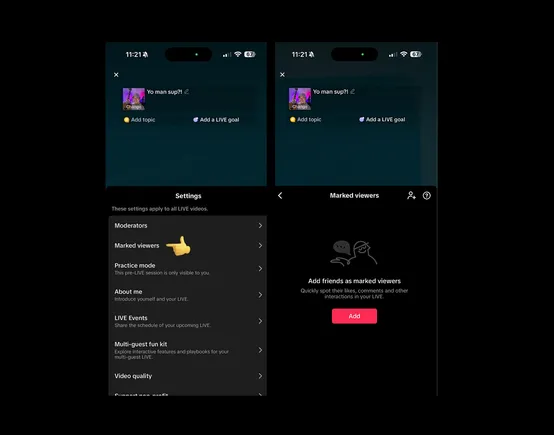



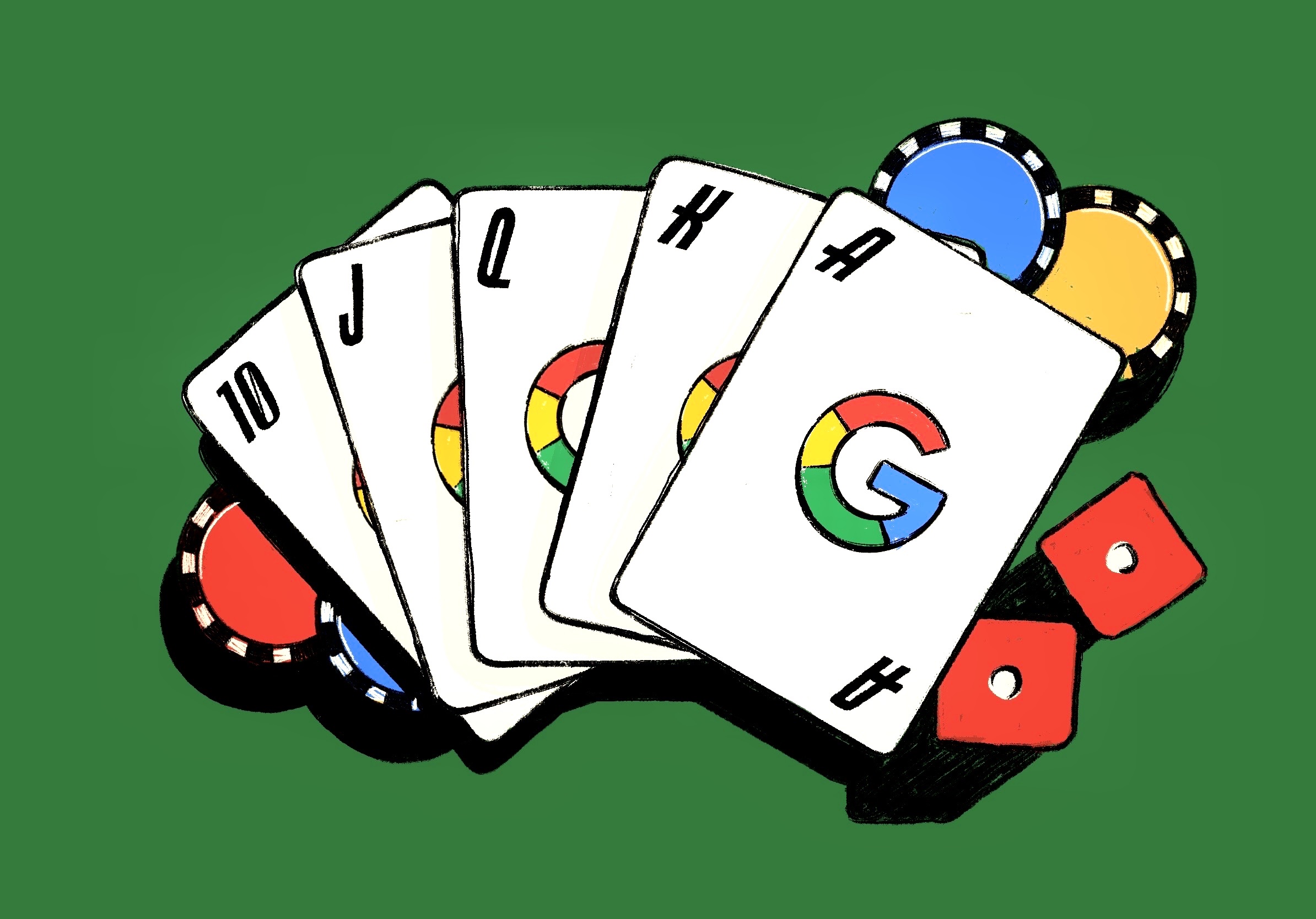
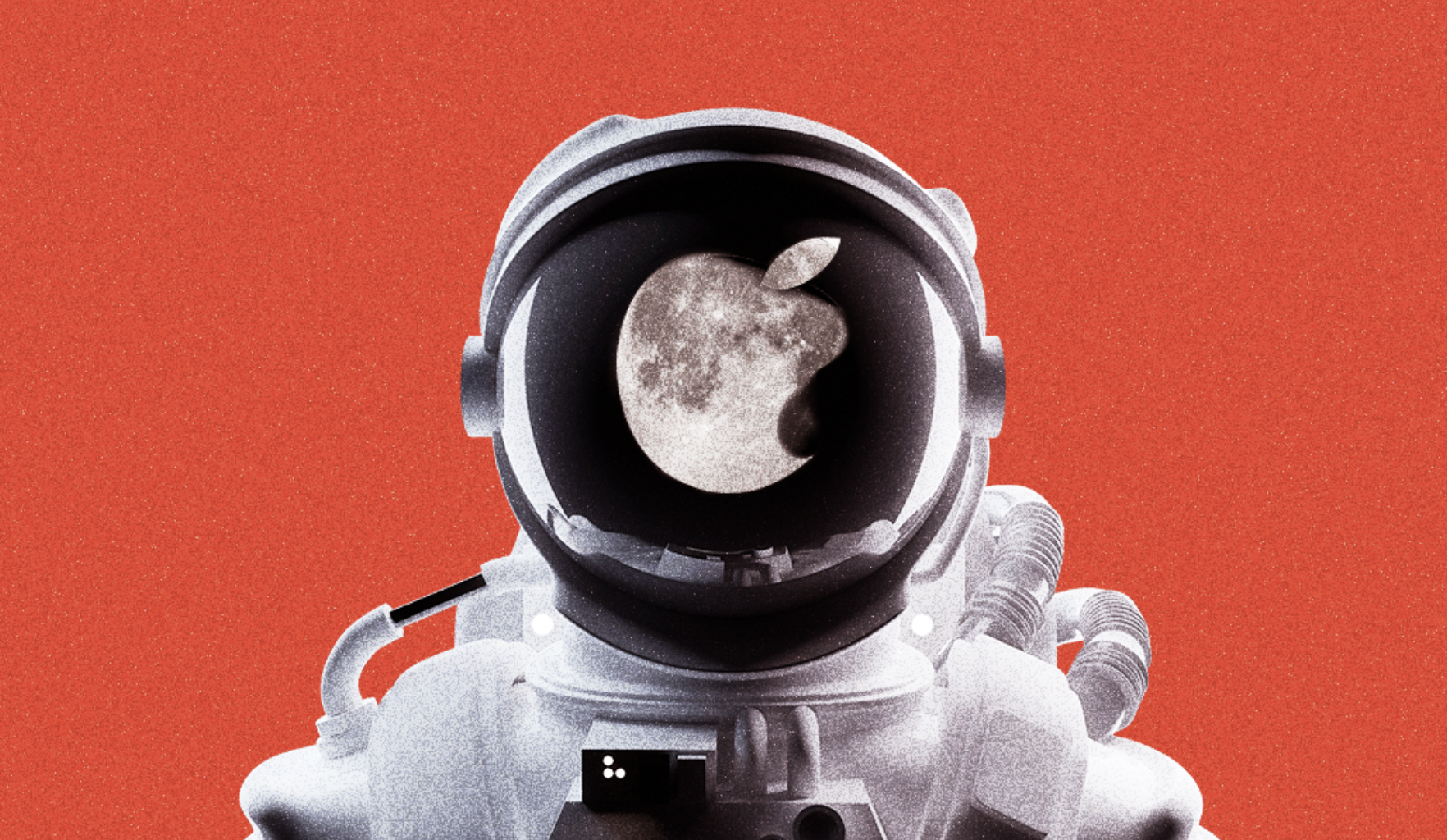


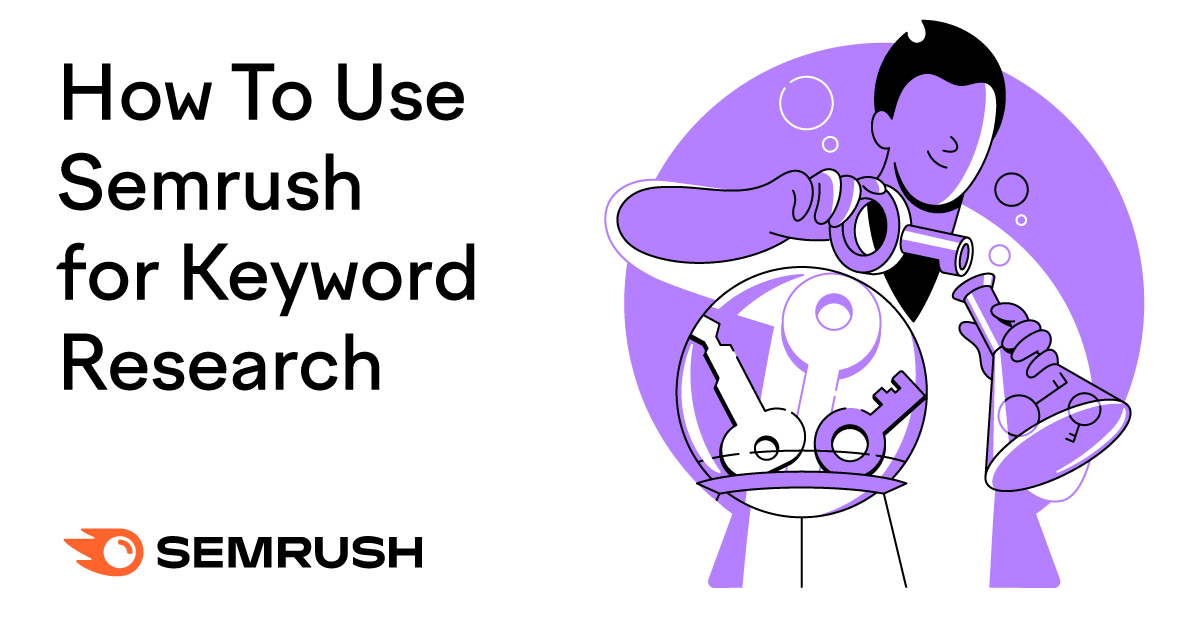








































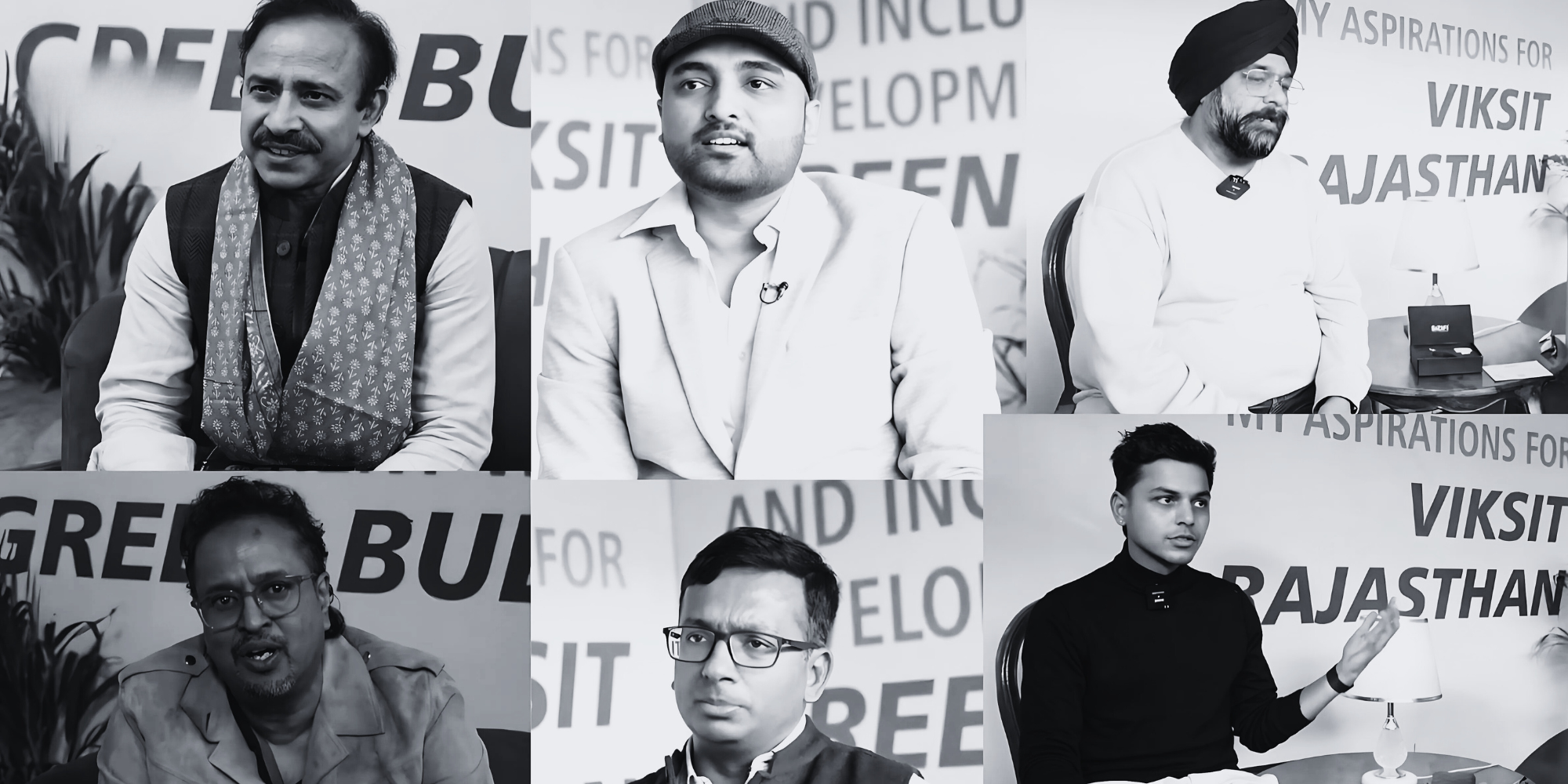

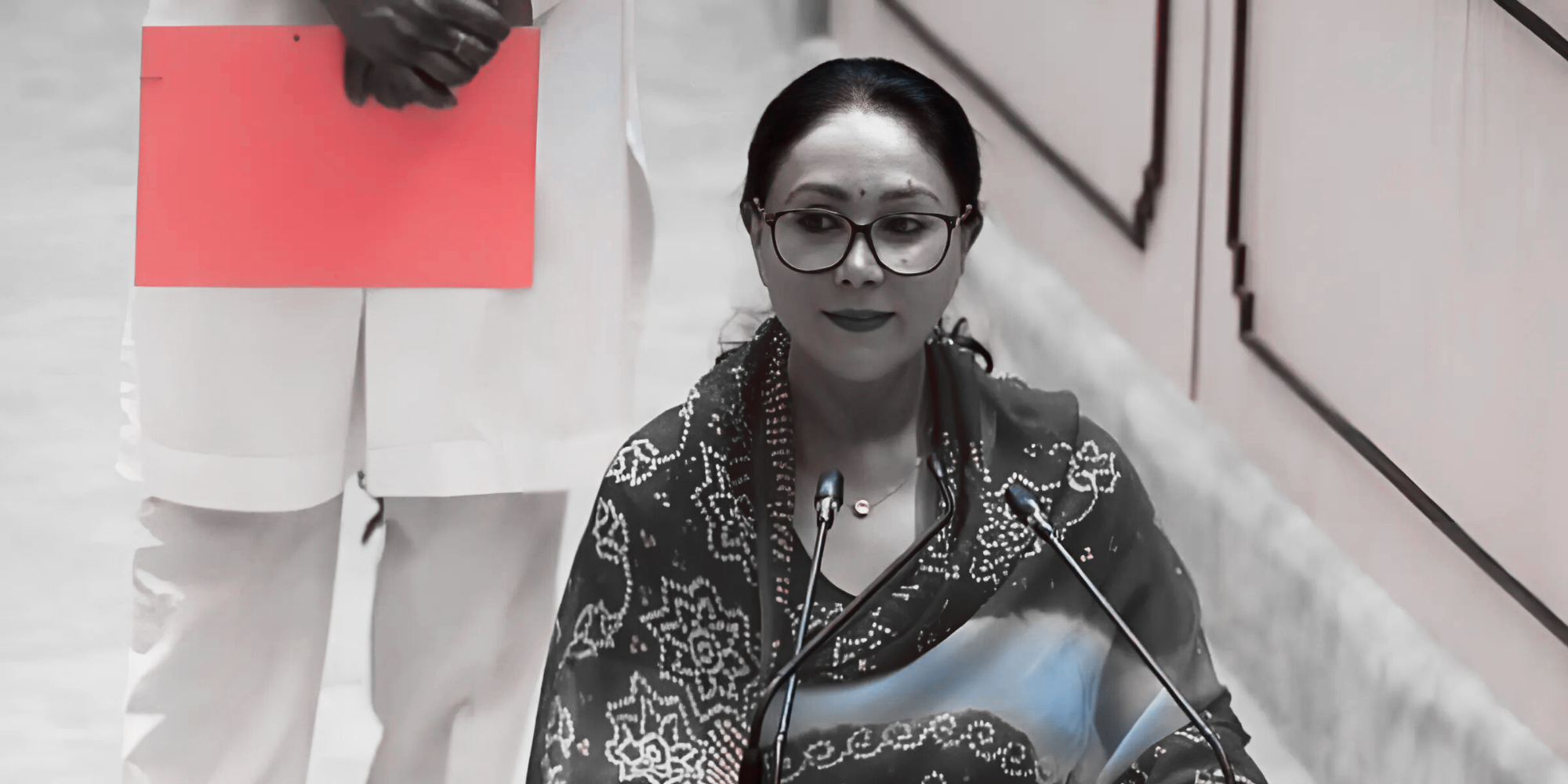



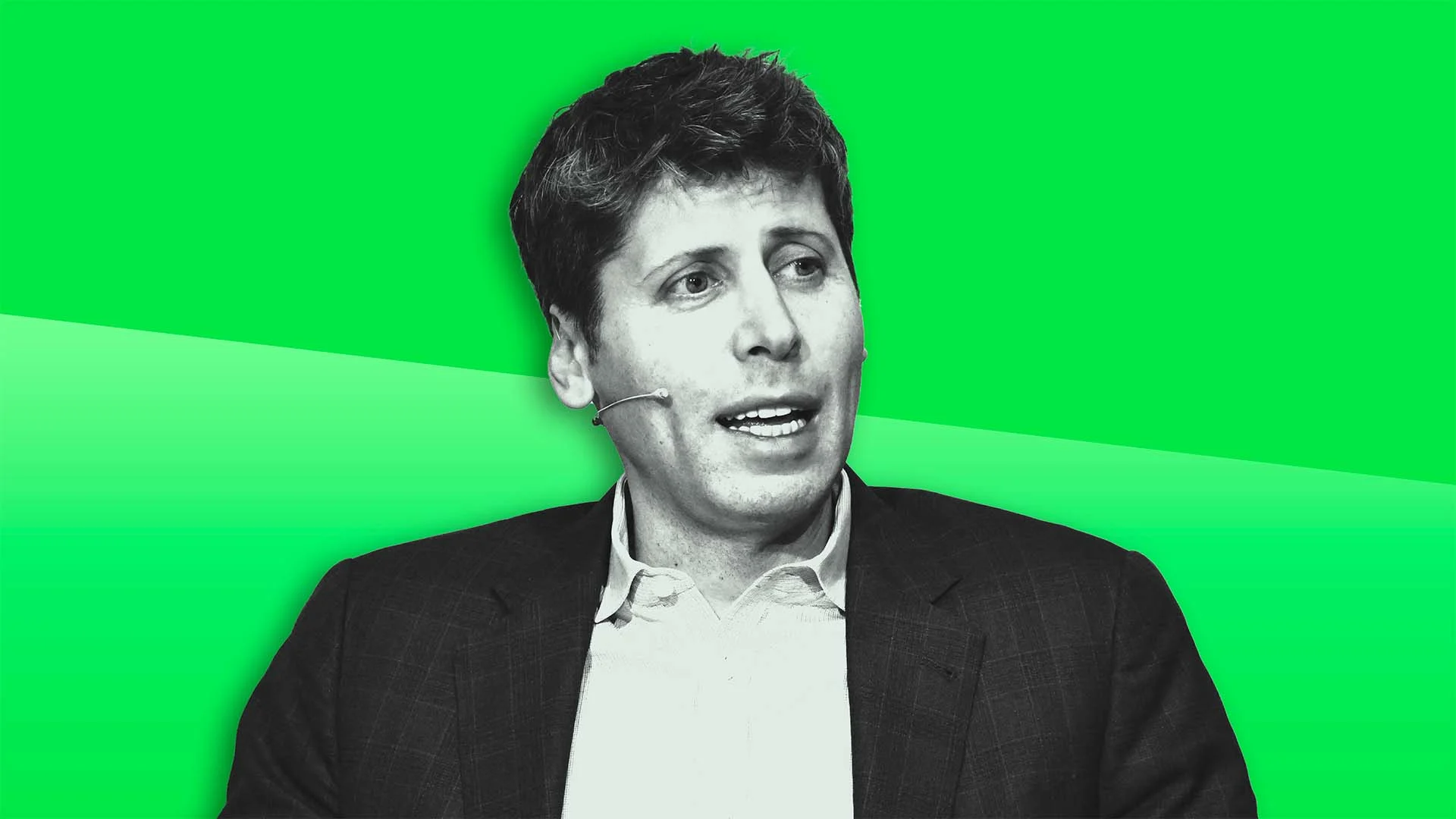


















































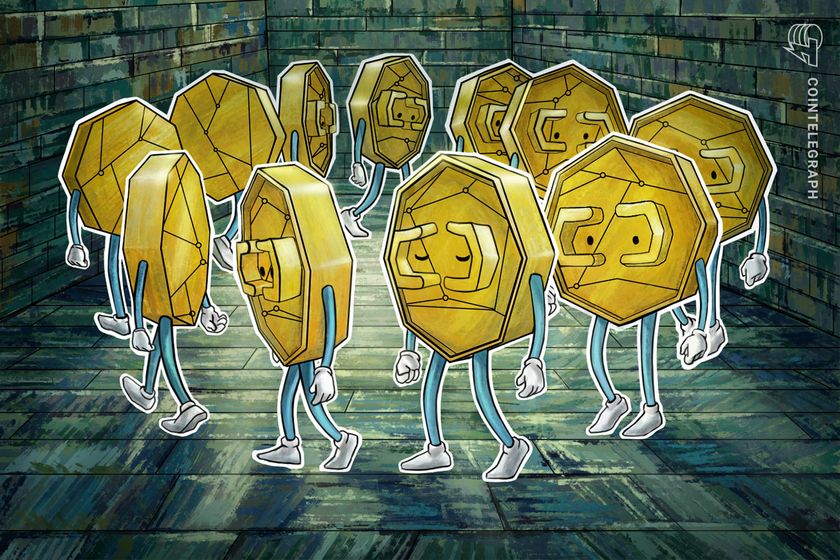




















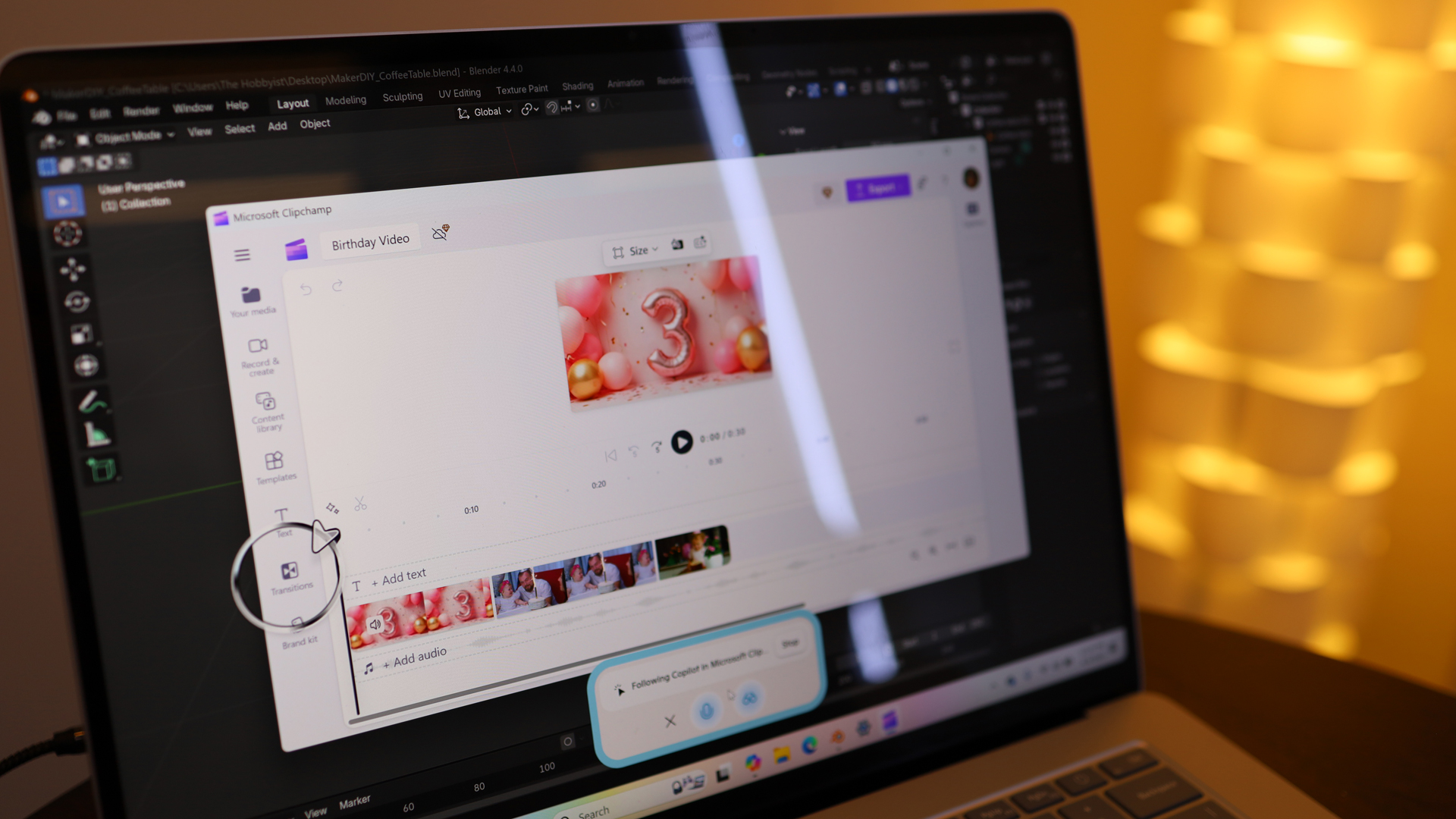







































.jpg)
%20Abstract%20Background%20112024%20SOURCE%20Amazon.jpg)



















